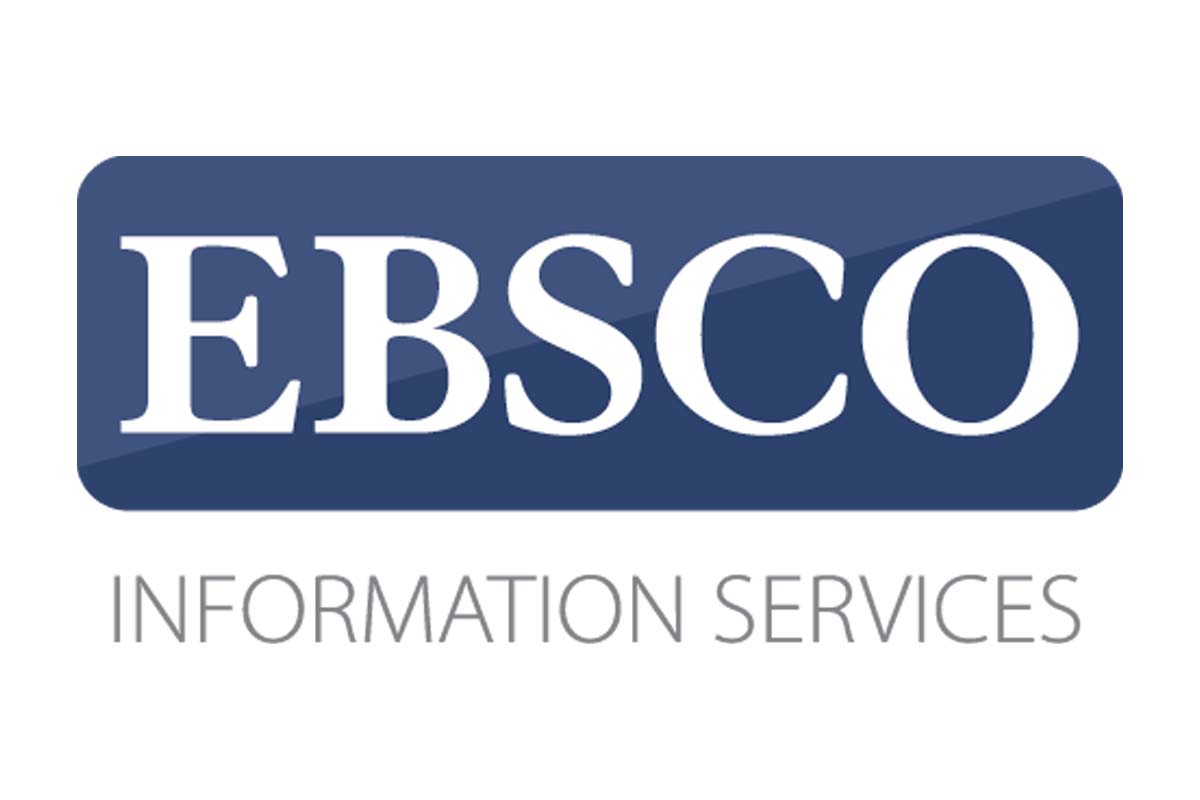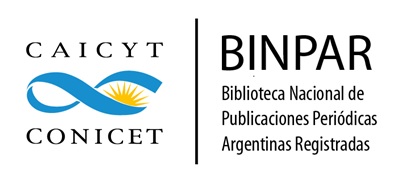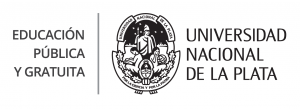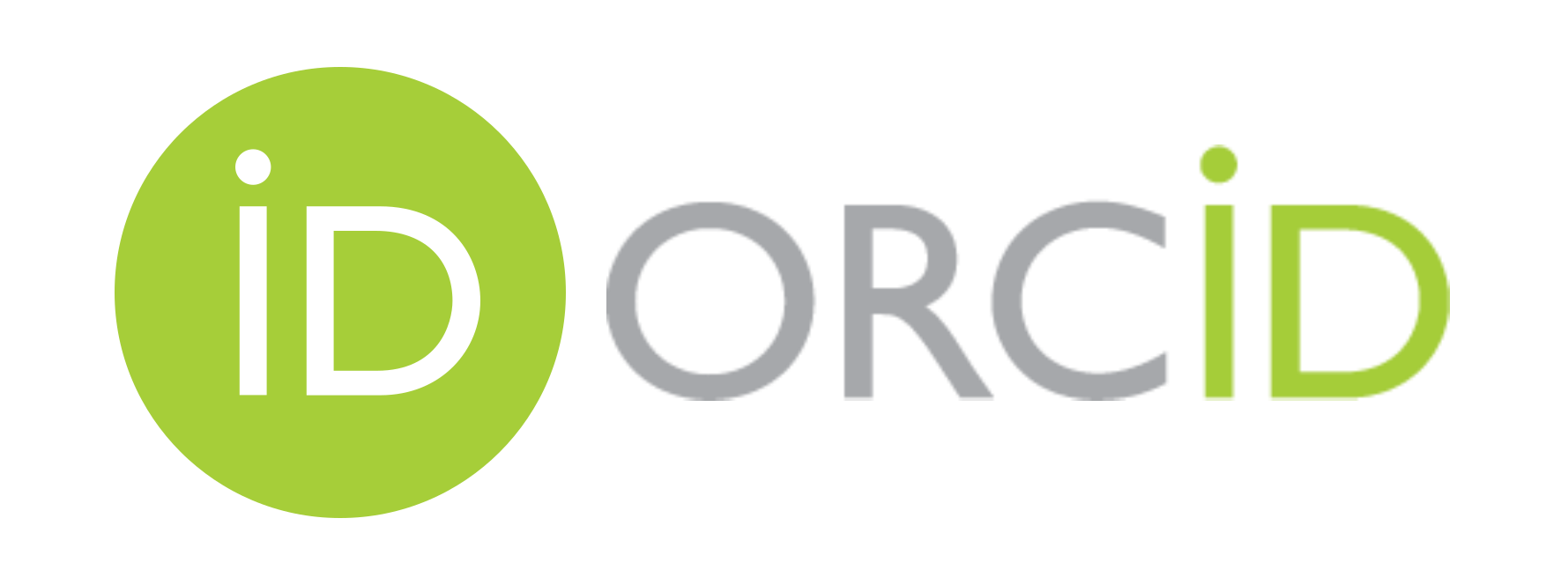The American Academy Eats a Well Roasted Duck
DOI:
https://doi.org/10.24215/2314274xe051Keywords:
Disney, Donald Duck, reception, United StatesAbstract
This analysis seeks to map the reception in the North American academic field of the work How to Read Donald Duck (1971), by Ariel Dorfman and Armand Mattelart. They are identified in the North American critics: an insistence on the analysis of the figure of the author-creator of Disney comics (a sort of romanticization of the author), the complexity of social mediations in the production-circulation-consumption of Disney products, an obstinacy to underline the ambiguous dimension of the Donald Duck contents that would allow democratic or antimodernizing readings and, lastly, the underestimation of imperialist or propaganda vectors at the heart of Disney productions.
Downloads
References
Altamirano, C. y Sarlo, B. (1980). Conceptos de sociología literaria. Ciudad Autónoma de Buenos Aires, Argentina: Centro Editor de América Latina (CEAL).
Andrae, T. (2006). Carl Barks and the Disney Comic Book: Unmasking the Myth of Modernity. Jackson, United States: University Press of Mississippi.
Baker, M. (1998). Comics: Ideology, Power, and the Critics. Manchester, United Kingdom: Manchester University Press.
Barrier, M. (2014). Funnybooks the Improbable Glories of the Best American Comic Books. Berkeley, United States: University of California Press
Belk, R. (1987). Material Values in the Comics: A Content Analysis of Comic Books Featuring Themes of Wealth. Journal of Consumer Research, 14(1).
Bergquist, Ch. (1996). Labor and the Course of American Democracy: U.S. History in Latin American Perspective. New York, United States: Verso.
Bryan, P. (2018). The Dream of Three Lifetimes: Translation and Transnationality in Donald Duck Comics (Tesis de doctorado). Universidad de Pennsylvania.
Diviani, R. (2013). La formación de los estudios de comunicación en Argentina. Intelectuales y medios masivos en los años sesentasetenta (Tesis de doctorado). Universidad Nacional de Rosario, Argentina. Recuperado de http://hdl.handle.net/2133/9252
Dorfman, A. (1998). Rumbo al sur, deseando el norte. Ciudad Autónoma de Buenos Aires, Argentina: Planeta.
Dorfman, A. y Mattelart, A. (1986) [1971]. Para leer al Pato Donald. Comunicación de masas y colonialismo. Ciudad Autónoma de Buenos Aires, Argentina: Siglo XXI.
Dorfman, A. y Mattelart, A. (1991) [1975]. Preface to the English Edition. In How to Read Donald Duck. Imperialism Ideology in the Disney Comic. New York, United States: International General.
García Canclini, N. (1988). Cultura transnacional y culturas populares. Bases teórico metodológicas para la investigación. En N. García Canclini y R. Roncagliolo, Culturas transnacionales y culturas populares (pp. 17-73). Lima, Perú: Instituto para América Latina (IPAL).
Gándara, S. (2016). Imperialismo cultural en los estudios latinoamericanos de comunicación. Luna Roja, (2).
Immerwahr, D. (2020). Ten-Cent Ideology: Donald Duck Comic Books and the U.S. Challenge to Modernization. Modern American History, 3(1), 1-26. https://doi.org/10.1017/mah.2020.4
Kunzle, D. (1991) [1975]. Introduction to the English Translation. En A. Dorfman y A. Mattelart, How to Read Donald Duck.
Imperialism Ideology in the Disney Comic. New York, United States: International General.
Kunzle, D. (2020). The Parts That Got Left Out of the Donald Duck Book, or: How Karl Marx Prevailed Over Carl Barks.
ImageNext Proceedings, 6(2). Recuperado de https://imagetextjournal.com/the-parts-that-got-left-out-of-thedonald-duck-book-or-how-karl-marx-prevailed-over-carl-barks/
Mattelart, A. (1996). Intelectuales, comunicación y cultura: entre la gerencia global y la recuperación crítica [Entrevista a Armand Mattelart]. Causas y azares, (4).
Miller, T. (2011). The Media-Military Industrial Complex. En S. Best et al, The Global Industrial Complex (pp. 97-116). Maryland, United States: Lexington Books.
Oropesa, S. (1992). La obra de Ariel Dorfman. Ficción y crítica. Madrid, España: Pliegos.
Ortiz-Torres, R. y Lerner, J. (Eds.), How to Read El Pato Pascual: Disney’s Latin America and Latin America’s Disney. London, United Kingdom: Black Dog Publishing.
Rojas Flores, J. (2016). Las historietas en Chile 1962-1982. Industria, ideología y prácticas sociales. Santiago de Chile, Chile: LOM.
Saintout, F. y Ferrante, N. (2006). Los estudios de recepción en Argentina hoy. Rupturas, continuidades y nuevos objetos. Diálogos de la comunicación, (73).
Verón, E. (1974). Acerca de la producción social del conocimiento: el «estructuralismo» y la semiología en Argentina y Chile. Lenguajes, Revista de Lingüística y Semiología, (1), 96-125.
Wanger, W. (1950). Donald Duck and Diplomacy. The Public Opinion Quarterly, 14(3), 443-452.
Wasjman, P. (1974). Una historia de fantasmas. Lenguajes. Revista de Lingüística y Semiología, (1).
Watts, S. (1995). Walt Disney: Art and Politics in the American Century. The Journal of American History, 82(1), 84-110.
Zarowsky, M. (2010). De la desmitificación de la historieta a la historia del mito: una genealogía de Para leer al Pato Donald. Trabajo presentado en el I Congreso Internacional de Historietas Viñetas Serias. Recuperado de https://cutt.ly/tTSrVSK
Downloads
Additional Files
Published
How to Cite
Issue
Section
License
Copyright (c) 2021 Gabriel Sarmiento

This work is licensed under a Creative Commons Attribution-NonCommercial-ShareAlike 4.0 International License.
Política vigente a partir del número 82 (2018).
Los materiales incluidos en ediciones previas se publicaron bajo una licencia BY-NC-ND.
La aceptación de un original por parte de la revista implica la cesión no exclusiva de los derechos patrimoniales de los/as autores/as en favor del editor, quien permite la reutilización, luego de su edición (postprint), bajo una Licencia Creative Commons Atribución-NoComercial-CompartirIgual 4.0 Internacional (CC BY-NC-SA 4.0)
Acorde a estos términos, el material se puede compartir (copiar y redistribuir en cualquier medio o formato) y adaptar (remezclar, transformar y crear a partir del material otra obra), siempre que a) se cite la autoría y la fuente original de su publicación (revista y URL de la obra), b) no se use para fines comerciales y c) se mantengan los mismos términos de la licencia.
La cesión de derechos no exclusivos implica que luego de su edición (postprint) en Tram[p]as de la comunicación y la cultura las/os autoras/es pueden publicar su trabajo en cualquier idioma, medio y formato; en tales casos, se solicita que se consigne que el material fue publicado originalmente en esta revista.
Tal cesión supone, también, la autorización de los/as autores/as para que el trabajo sea cosechado por SEDICI, el repositorio institucional de la Universidad Nacional de La Plata, y sea difundido en las bases de datos que el equipo editorial considere adecuadas para incrementar la visibilidad de la publicación y de sus autores/as.
Asimismo, la revista incentiva a las/os autoras/es para que luego de su publicación en Tram[p]as de la comunicación y la cultura depositen sus producciones en otros repositorios institucionales y temáticos, bajo el principio de que ofrecer a la sociedad la producción científica y académica sin restricciones contribuye a un mayor intercambio del conocimiento global.

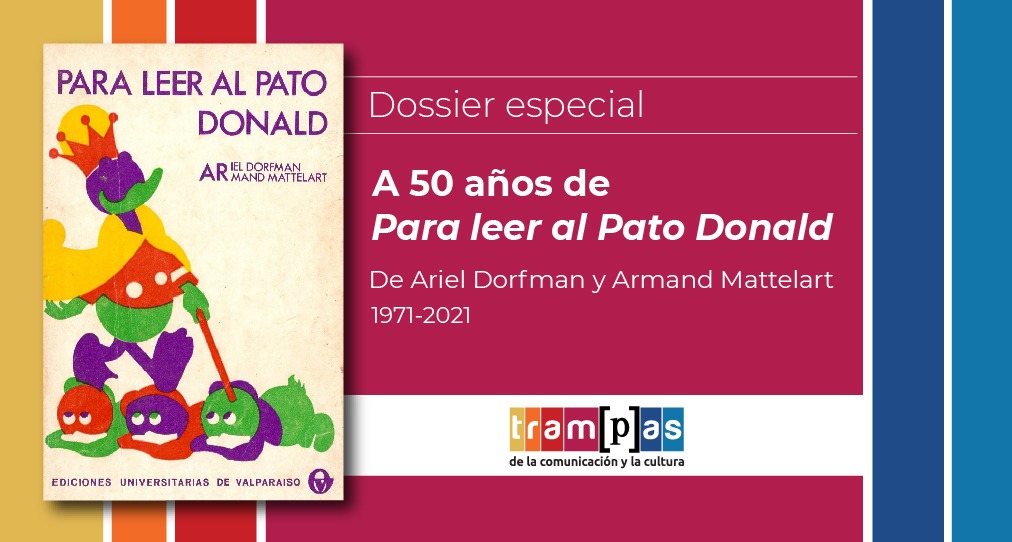
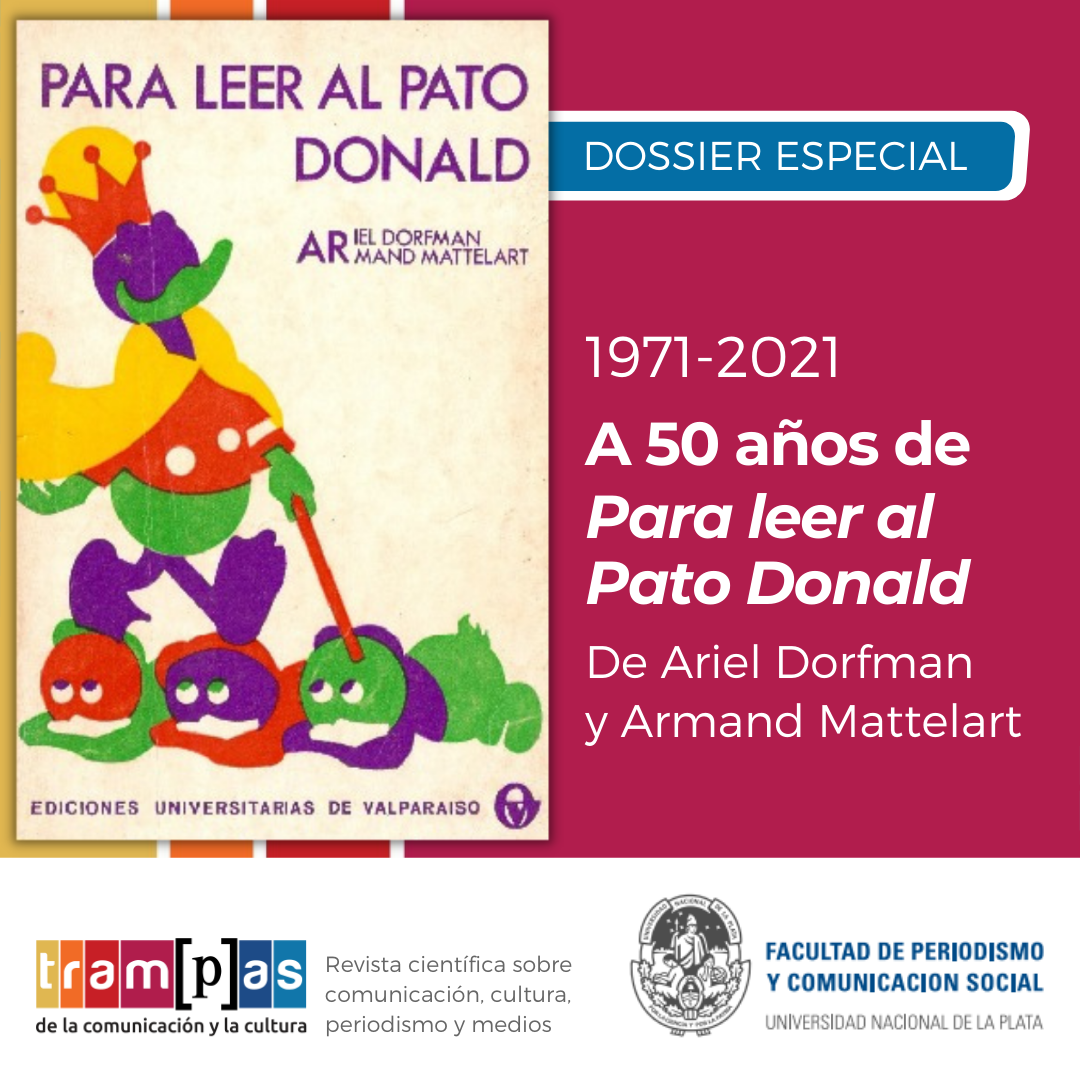







.png)
